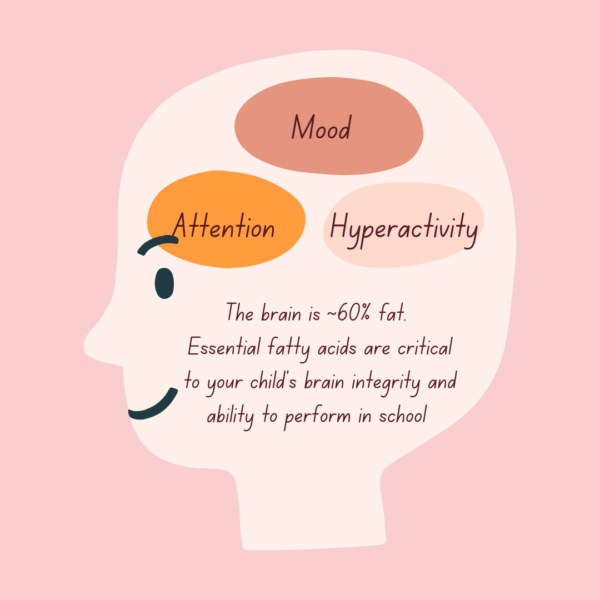What’s the Hype with Chia Seeds?
Chia seeds are known to have been consumed since the 13th century by Aztec cultures for the strength, stamina, and endurance that they provided to their people. One tablespoon alone of chia was enough to sustain Aztec warriors for an entire day! The seeds were …


